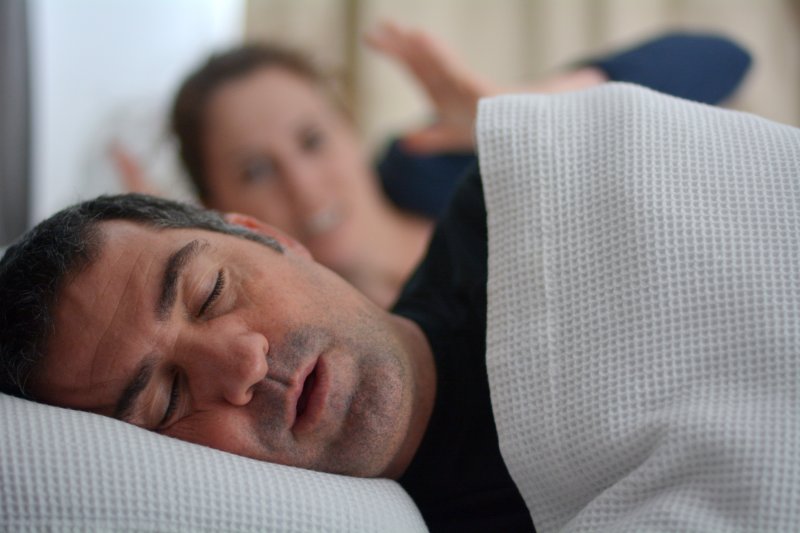Millions of Americans suffer from obstructive sleep apnea (OSA). However, the majority of those cases are undiagnosed. If you have chronic snoring that affects your breathing while you sleep, it could indicate that you have sleep apnea. It’s incredibly important that you reach out to a professional and confirm a diagnosis so you can receive the treatment you need. Otherwise, the disorder can contribute to multiple health issues and affect your quality of life. Read on to learn about the dangers of untreated sleep apnea.
Chronic Disease
If you suspect you may have sleep apnea, it’s vital that you seek treatment because it can ease (maybe even cure) certain health issues. With that in mind, here are a few chronic conditions that worsen if you allow your sleep disorder to go untreated:
- High Blood Pressure – Do you already have high blood pressure (hypertension)? Sleep apnea can make it worse. When you’re constantly waking up throughout the night, it puts your body under additional stress, leading to an increase in blood pressure.
- Heart Disease – Waking up frequently can also put extra stress on your heart, increasing your risk of cardiovascular disease. Additionally, people with sleep apnea are more likely to have heart attacks due to low oxygen levels. Since the disorder affects how your body takes in oxygen, it makes it harder for your brain to control how blood flows in your arteries and the brain itself.
- Type 2 Diabetes – Obesity is a common risk factor for sleep apnea and type 2 diabetes. Although studies haven’t shown a cause-and-effect link between the two conditions, failing to get a full night of sleep can keep your body from using insulin properly, leading to diabetes.
Memory Loss
Believe it or not, sleep apnea can play a role in increasing a person’s risk of cognitive decline and developing dementia. A study published by Neurology in 2014 found that men with sleep apnea had higher rates of microinfarcts (mini-strokes) and an increase in brain atrophy. Even though you may not develop dementia as a result of sleep apnea, the effects can make it feel like you’re experiencing some degree of cognitive deterioration. Treating sleep apnea has often led to an improvement in concentration.
Increased Risk of Cancer
A study published in the National Library of Medicine found that people with melanoma and pancreatic or kidney cancer were likely to have sleep apnea. Luckily, the sleep disorder does not affect the risk of developing breast or prostate cancer. Plus, those with sleep apnea were not more likely to die of cancer than those without sleep apnea. All in all, the disorder seems to just play a role in increasing a person’s cancer risk.
Do you think you may have sleep apnea? Contact a professional right away for a diagnosis. With their help, you can get a good night’s rest and enjoy a better quality of life in no time!
About the Practice
At Distinctive Smiles of Dublin, we are passionate about helping patients achieve and maintain optimal health. Our team uses the latest techniques and most advanced technologies to ensure you receive the best treatment possible. If you have sleep apnea, we can help you get a full night of rest once again. Visit our website or call (614) 792-1800 to make an appointment.

